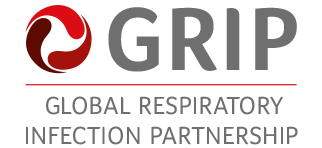Executive Summary
Tackling the challenge of inappropriate antibiotic prescriptions for upper respiratory tract infections
Report from the Global Respiratory
Infection Partnership
Meeting held 5th February 2016,
Taplow House, Windsor, UK
Overall
- Antimicrobial resistance (AMR) continues to be a global threat, with awareness of the problem still insufficient within certain constituencies and sectors in some countries.
- Antibiotic prescribing rates for upper respiratory tract infection (URTI) are inappropriately high in most countries.
- While many guidelines and action plans have been disseminated, there is still a lack of clear implementation guidance and unawareness on the appropriate use of antibiotics in URTI management.
- Greater collaboration between organisations involved in tackling AMR, with clearer simplified messages, could help accelerate the translation of guidance into effective practice.
- There is a need for greater awareness and education among patients and healthcare practitioners (HCPs) on: symptom duration, why antibiotics are not appropriate for management of the majority of URTIs and the suitable alternatives to managing symptoms.
- Throughout 2016, GRIP will further its efforts in advancing the appropriate management of URTIs, through partnering with a range of national and international organisations.
- A framework to measure and evaluate both global and local initiatives will be put in place in order to tailor future GRIP activations.
